Operations
Fire Operations
The Captiva Island Fire Control District daily operations provide the highest quality fire, marine safety and emergency medical services to protect our community. Fire Chief Pawul overseas the Fire Operations and training of the department. Fire and Medical training schedules are developed by the three (3) shift officers every month.
Training consists of hose advance and initial fire attack scenarios that are practiced in various buildings throughout the island and fire station. Personnel also participate in fire tower training drills at the Sanibel Island Fire Station. Drills include the use of live simulation to reinforce critical thinking and technical application.
The first ten minutes of an “Offensive Attack” are the most critical and include many tasks that must be completed efficiently: scene size up, formulate attack plan, pull hoseline, driver/engineer pumps water, force entry, attack fire, conduct primary search and rescue, ventilation and coordinate incoming units.
Paramedic/Engine Company
The Paramedic Engine Company consists of an Officer (Lieutenant), Engine/Pump operator and Firefighter/Paramedic. The Lieutenant supervises emergency and rescue operations of his/her crew. The Pump engineer is responsible for safe operation of the apparatus and deployment/supply of water during a fire response. The Firefighter Paramedic conducts fire suppression techniques and ALS when directed by his/her Officer.
Firefighting is very physically demanding and personnel perform physical training (PT) every morning shift. The PT consists of 10 circuit-training exercises that take approximately one hour. Following PT personnel routinely perform fire suppression training at various locations throughout Captiva Island. Personnel break for lunch followed by Fire Pre-plans and Emergency Medical scenario practice and/or testing. This shift routine is conducted every day including weekends. The Captiva Fire District shift personnel work a 48/96 hour schedule. Personnel are also responsible for building and lawn maintenance as well as minor maintenance to all district vehicles.
The success of a professional fire department must include an aggressive fire-training program to ensure the safest outcome during an actual structure fire.

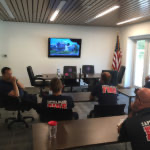




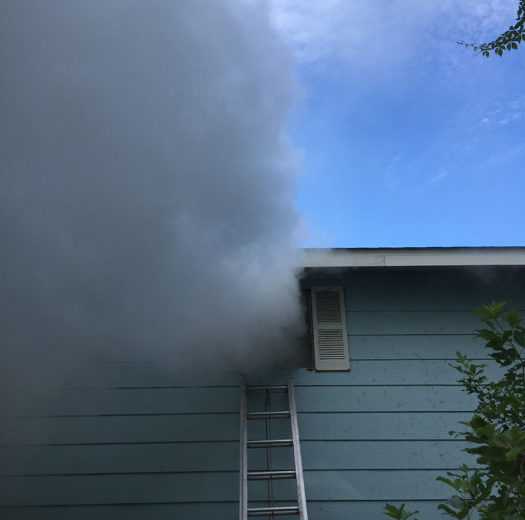
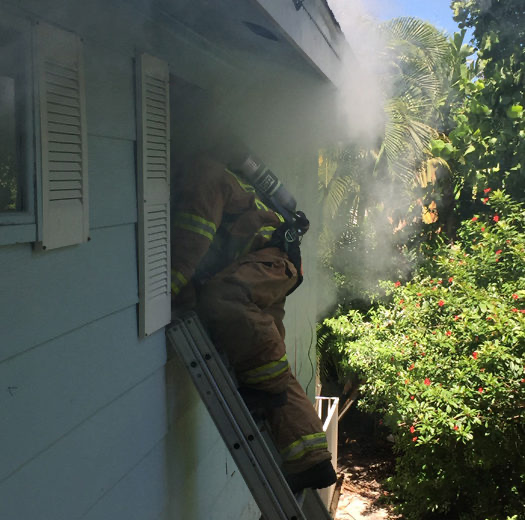
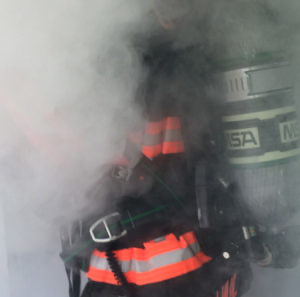
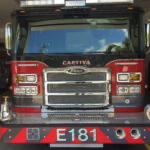
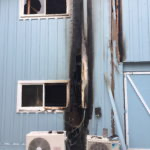












.jpg?ixlib=rb-1.1.0&or=0&w=720&h=720&fit=max&auto=format%2Ccompress&s=6ec7c36d84c611591f0e1480b06e4de4)